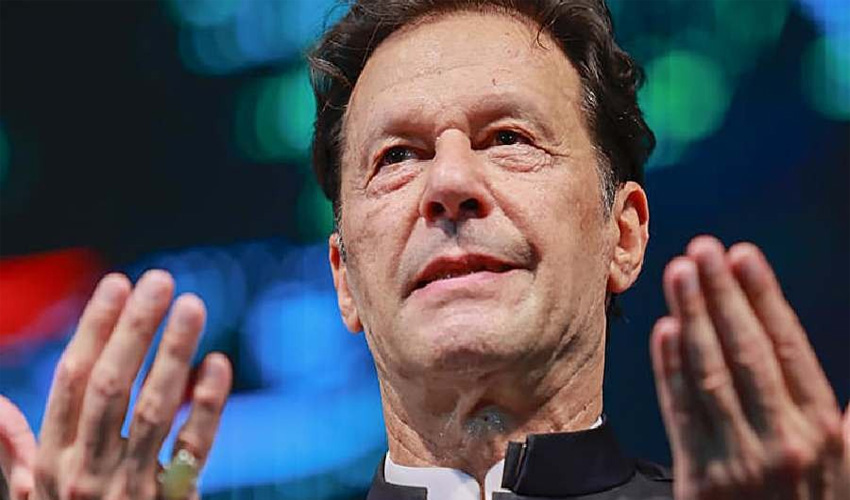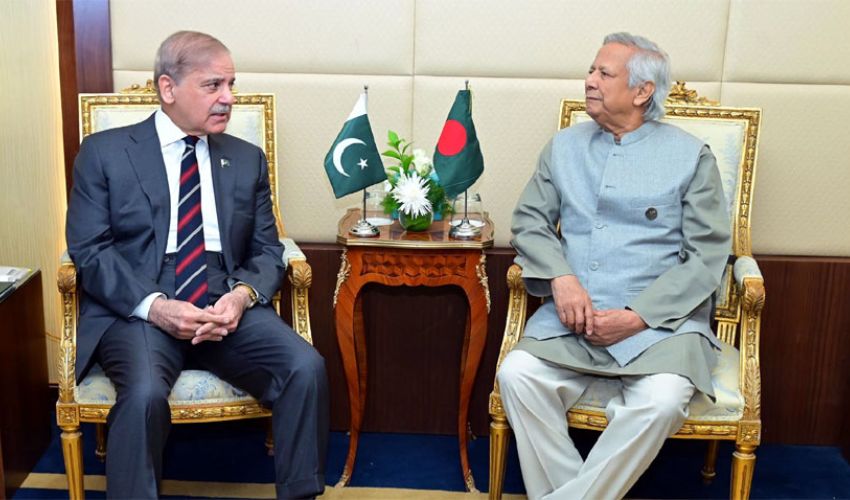The United Nations Human Rights Working Group has issued a report denouncing the detention of former prime minister Imran Khan as arbitrary and in violation of international law.
According to the report, the Working Group asserts that Imran Khan's detention is unjustified and urges for his immediate release. The report advocates for the PTI founder's right to compensation and calls for an impartial investigation into the circumstances surrounding his arrest.
Furthermore, the report highlights that Imran Khan's legal woes are part of a wider campaign of repression against him and his party, Pakistan Tehreek-e-Insaf (PTI). It alleges that members of PTI were subjected to arrests, torture, and obstruction of political rallies in the lead-up to the 2024 general elections.
The report also raises concerns over widespread election fraud and the alleged theft of dozens of parliamentary seats. The Working Group points out legal irregularities and discrepancies in the cases brought against Imran Khan, suggesting a lack of transparency and fairness in the judicial proceedings.
Govt reaction
In response to the UN report, Law Minister Azam Nazeer Tarar described Imran Khan's arrest and the cases against him as an internal matter of Pakistan, emphasizing the sovereignty of the nation's judicial system. "As a sovereign state, the Constitution and the existing laws are enforced through courts in Pakistan," he remarked.
The minister echoed these sentiments, asserting that Imran Khan, as a convicted prisoner, is subject to the national constitution, existing laws and international principles.
Tarar defended Pakistan's legal system, stating that Imran Khan has been afforded a transparent and fair trial, and was in jail as a convicted prisoner. He cautioned against international demands that exceed Pakistan's legal framework, labeling them as discriminatory and unjust.
"Imran Khan getting relief in many cases is proof of a fair and transparent trial and justice system," he added. Any demand beyond the Constitution, law, international principles will be deemed discriminatory, biased, and against justice, Tarar concluded.


























